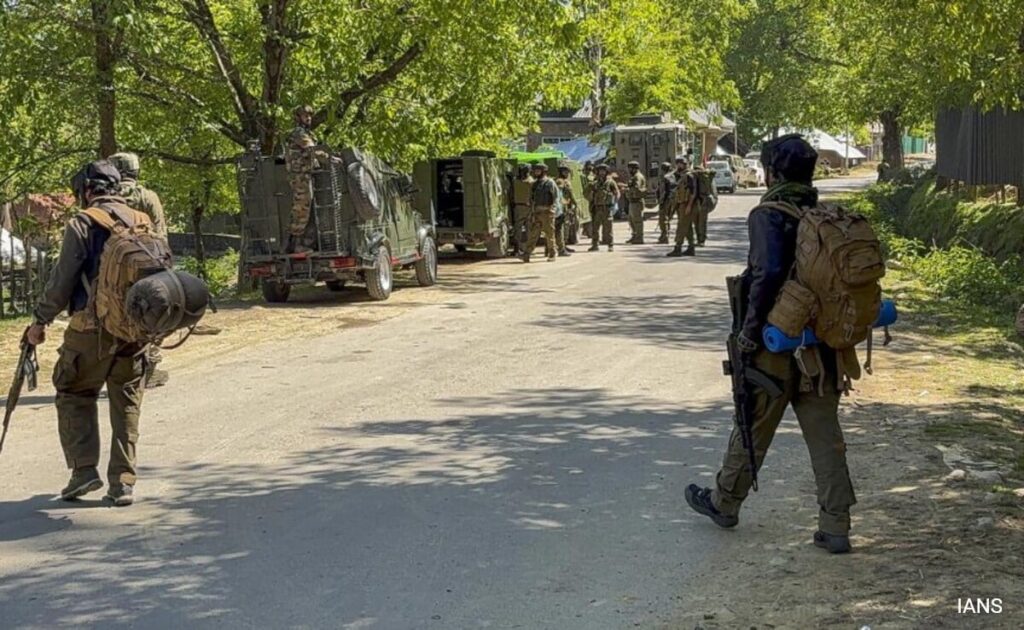At least 13 Pakistani soldiers were killed and more than two dozen people, including civilians, injured when a suicide bomber drove an explosive-laden vehicle into a military convoy in the Mir Ali area of North Waziristan on Saturday lunchtime. The Pakistan Army swiftly issued a statement attributing the attack to India. India’s Ministry of External Affairs responded with sharp rejection, declaring the claim “with the contempt it deserves”.
Pakistan’s Inter‑Services Public Relations office said the bomber rammed the vehicle into a convoy near the Afghan border, striking the lead vehicle after an initial detonation failed. Official figures report 13 military fatalities and upwards of 24 wounded, among them soldiers, women and children. Local officials confirm the attacker belonged to the suicide wing of the Hafiz Gul Bahadur group, affiliated with the Tehrik‑i‑Taliban Pakistan. Initial investigations suggest as much as 800 kg of explosives were used in the blast, which devastated several nearby homes.
The attack adds to a pattern of escalating violence in Pakistan’s north‑west since the Taliban returned to power in Afghanistan in August 2021. Pakistani military sources note that around 290 security personnel have been killed in the provinces of Khyber Pakhtunkhwa and Balochistan so far this year. Field Marshal Asim Munir, Chief of Army Staff, vowed swift retaliation, signalling intensified counter‑terror operations following the strike.
New Delhi responded forcefully to Islamabad’s attribution. MEA spokesperson Randhir Jaiswal stated, “We have seen an official statement by the Pakistan Army seeking to blame India for the attack in Waziristan on 28 June. We reject this statement with the contempt it deserves”. The MEA emphasised that Pakistan had not presented any credible evidence to support its claim and cautioned against politicising internal security issues.
Security analysts note this is not the first instance of Islamabad pointing fingers at New Delhi following internal attacks. In May, after a school bus bombing in Balochistan resulted in civilian casualties, Pakistan accused India of orchestrating the strike. India countered by asserting any claim blaming it had become Pakistan’s “second nature” and that Pakistan should focus on its own counter‑terror efforts.
Militant factions, particularly those operating from Afghan territory, are increasingly emboldened. The Hafiz Gul Bahadur faction has claimed responsibility for several high‑profile attacks, including a twin bombing in Bannu that killed 18 last March. Pakistan maintains that many militants receive sanctuary across the border, accusing Kabul of inaction. Official statistics from April’s border operation indicate Pakistani forces killed 71 militants infiltrating from Afghanistan.
Local residents in North Waziristan have endured prolonged spells of curfew and security sweeps. Saturday’s bombing occurred despite a daytime curfew aimed at curtailing militant movements along routes from Bannu to Miranshah and toward the Afghan frontier. Emergency services rushed survivors to district hospitals, where medical teams treated wounded civilians, including children.
Emerging regional dynamics further complicate the situation. With the Taliban in Kabul denying involvement, Pakistan insists cross‑border insurgency remains a chief threat. India, meanwhile, expresses concern about stable conditions along its western frontier, although it has refrained from commenting on Pakistan’s internal security strategy.
The Khyber Pakhtunkhwa government, representing provincial leadership, condemned the attack. Chief Minister Ali Amin Gandapur extended condolences and affirmed that counter‑terror measures would continue, stating local authorities would fully support federal security operations.
As tension between Islamabad and New Delhi mounts, the international community monitors Pakistan’s handling of militancy and its diplomatic narrative. The blast has drawn renewed focus on the role of militant sanctuaries, cross‑border tensions and the balance between national responsibility and external blame.




 Tharoor Acknowledges RSS Shift on Manusmriti Debate
Tharoor Acknowledges RSS Shift on Manusmriti Debate 